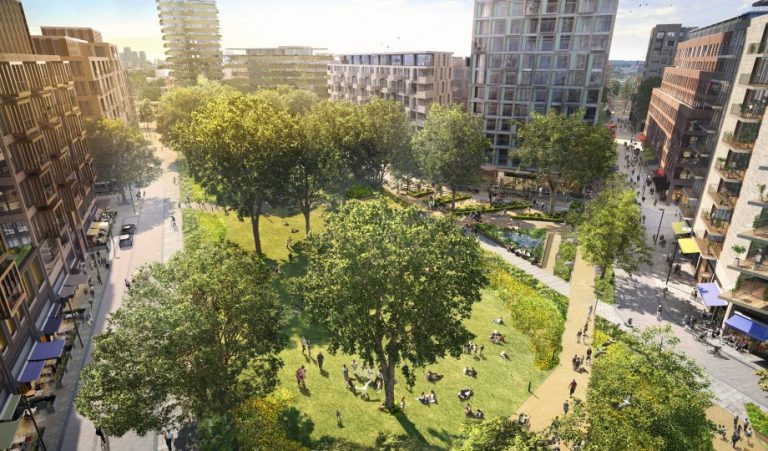UK Climate Resilience Roadmap
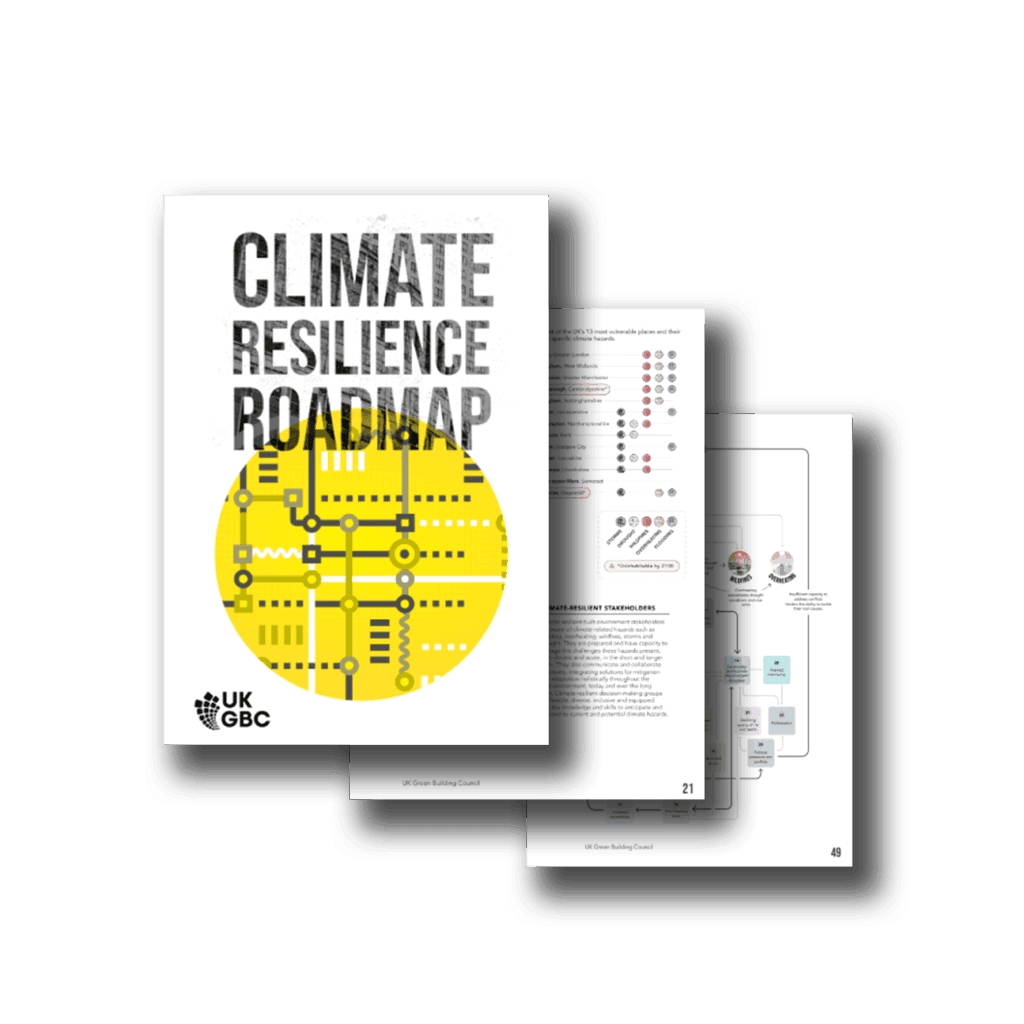
The UK’s built environment is facing an urgent reality: climate hazards are no longer future threats but immediate dangers. There is no climate resilience without a climate-resilient built environment. The UK Climate Resilience Roadmap is more than a call to action. It is a robust, evidence-backed strategy for adapting to climate hazards, equipping stakeholders across the built environment with the tools needed to achieve long-term resilience.
What do we need to accomplish?
This is a critical time for climate action. In the most recent assessment of risks the UK faces from climate-related hazards, over 60% were given the highest urgency score, a staggering increase in urgency compared to the previous assessment. Destructive climate impacts and extreme weather changes will affect all members of our society, devastate lives and livelihoods, and have a detrimental impact on the buildings, infrastructure and environments that keep us secure from climate-related hazards.
As noted by the Climate Change Committee, the UK currently lacks associated targets or goals for resilience standards at a national, local or sectoral level. This is reflected in UKGBC’s 2025 strategy which identifies the need to define these targets through collaborative research and engagement with the wider built environment industry.
UKGBC now aim to address this gap by catalysing more urgent, comprehensive, and cohesive action on climate resilience throughout our industry and beyond.
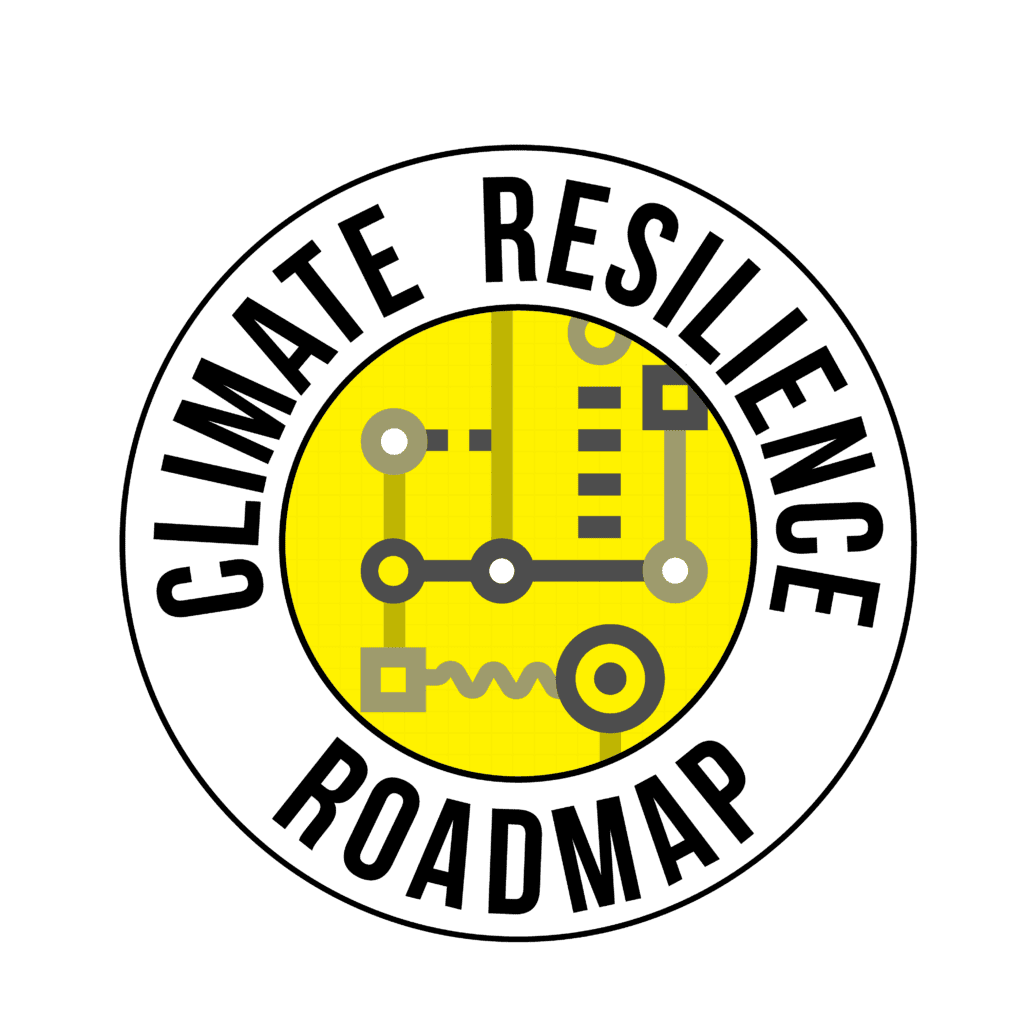
Key Messages
Climate Change is already costing lives and more will be lost without urgent action.
Five major hazards threaten the UK and must be treated as a national emergency.
These hazards are interconnected, and our response must match.
Buildings are our frontline defence.
Acting now is the only responsible choice.
Download the Main Report
“The Roadmap” explains why urgent climate adaptation is essential for a healthy and safe built environment, sets out our vision for a climate-resilient built environment, and provides key aims, goals, policies, and actions to achieve this vision.
Download the Policy Recommendations
Provides an overview of relevant findings and policy recommendations for the government (central, local, devolved administrations) to deliver a climate-resilient built environment.
Download the Technical Report
Provides the methodologies used for data collection, modelling to understand the UK built environment’s vulnerability to key hazards, and other research undertaken to create the UK Climate Resilience Roadmap.
GIS Vulnerability Web Map
Provides insights into key archetype locations in the UK and their current and future vulnerability to climate hazards.
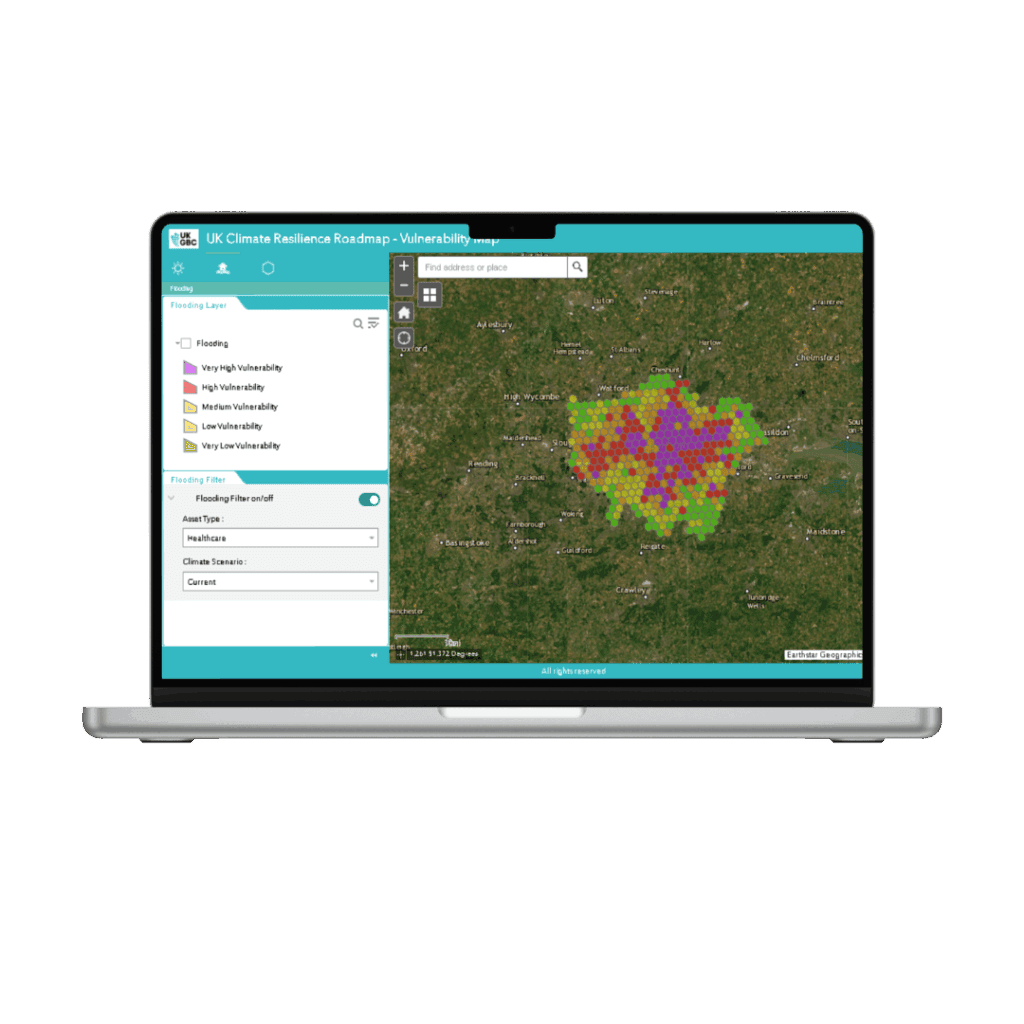
Urban Heat Island Web Map
This interactive web map, made by Hoare Lea, illustrates how different urban areas feel in terms of thermal sensation

Get involved
All-level courses
In depth workshops
Tailored support
Nature retreats
See the summary of the first consultation and UKGBC’s responses here
What do we think, or know, climate resilience is?
We have spent considerable time with our Task Group and Steering Group in discussing the best way to define climate resilience, and a couple of other related terms, especially from a systemic perspective for our built environment.
We agreed it was important to have both a general definition of key terms, so we all understood each other, and a specific definition that directly addresses the built environment and its stakeholders. And they are ready to share with the wider industry!
Supporting our journey, these definitions are the first output from the Climate Resilience Roadmap, which we will use for guidance and accountability in this work and in the future.
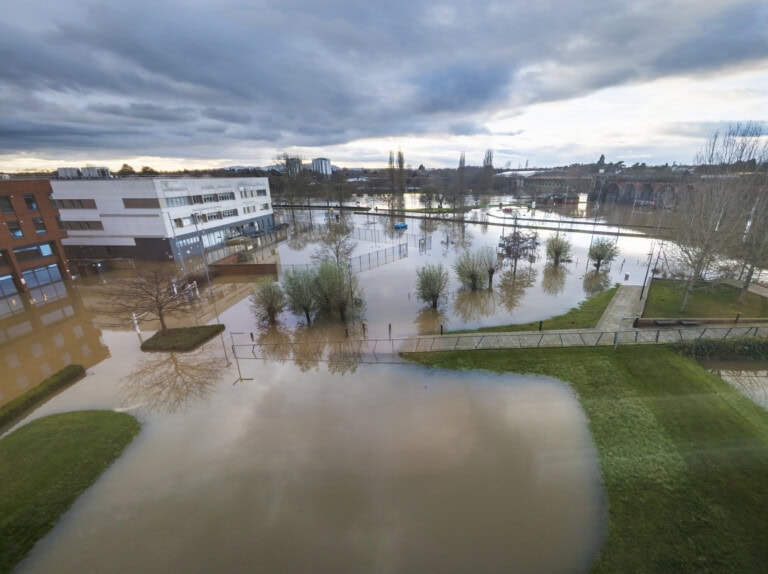
Creating a vision
Global warming is making climate-related hazards like heatwaves and floods more frequent and severe. Current policy measures across the globe are predicted to limit global warming to between 1.7 to 2.7 degrees Celsius by 2100, meaning that we can expect significant changes in weather patterns and the frequency of extreme weather events. These changes are predicted to cause harm, excess deaths, and socio-economic breakdown, which is why we need a built environment that prepares for, and responds to, these hazards. This vision, created by the stakeholders involved in our UK Climate Resilience Roadmap project, sets out our definition of what a climate-resilient built environment could be, and how the built environment industry plans to achieve it.
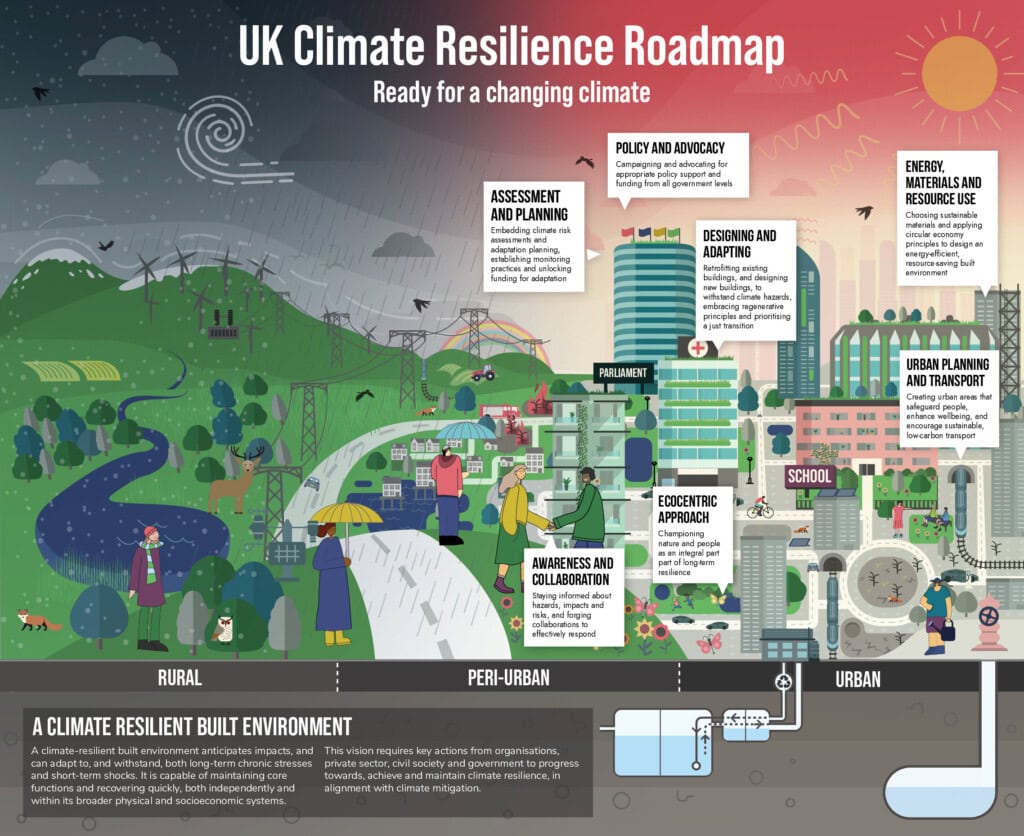
Resilience & Nature Partners
Our climate change adaptation work is supported by our Resilience & Nature Partners.





UK Climate Resilience Roadmap Partners
With thanks to the following organisations for making this work possible:








